Utilized to evaluate the erosion on soil samples having high degree of sodium content, the Pinhole apparatus reproduces the water flowing in a cavity obtained from a soil specimen.
The apparatus consists of a cylindrical container equipped at its ends of water inlet/outlet connectors, tube with graduated scale, base support with rod.
Weight: 4 kg approx.
Certain fine-grained soils with high sodium content are highly erodible by the water flowing through them. During the test the flow of water under a high hydraulic gradient through a cavity in the soil is reproduced. The test apparatus consists of a cylindrical metal container fit one end with water inlet and the other end with an outlet connection, of a standpipe tube with scale and a stand to support the pinhole apparatus
Some soils that tend to spontaneously disperse in water are considered “suspicious soils” in terms of erosion and piping. These soils are known as “dispersive clay or dispersive soil” in soil mechanics. These structurally unstable soils are easily dispersed and highly eroded. If dispersive clay soils are used in the construction of water structures, embankment dams and road embankments, they should be well defined and construction should be carried out with appropriate techniques. Otherwise, serious engineering problems leading to collapses are encountered. Erosion caused by the dispersibility property of clay; The mineralogy of clay depends on its chemical structure and the quality and amount of dissolved salt content in soil voids and water that causes erosion.
This testing technique allows simple classification of soil samples and determination of soil sample quality.
The pinhole tester is used to determine the wear tendency of the ground with the water current.




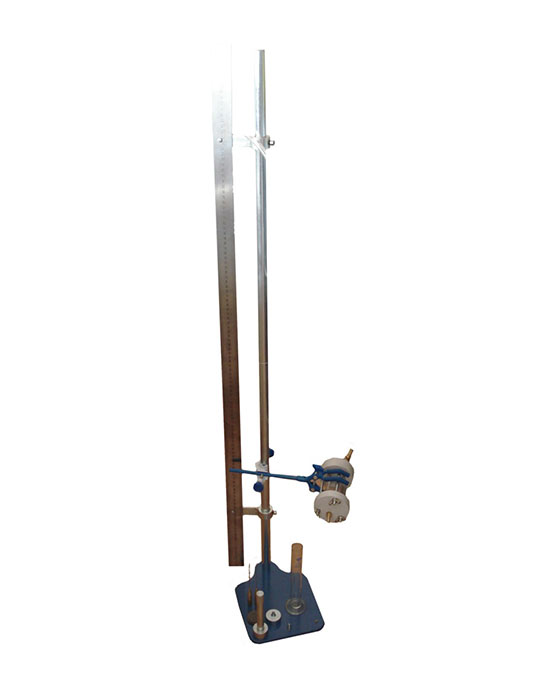
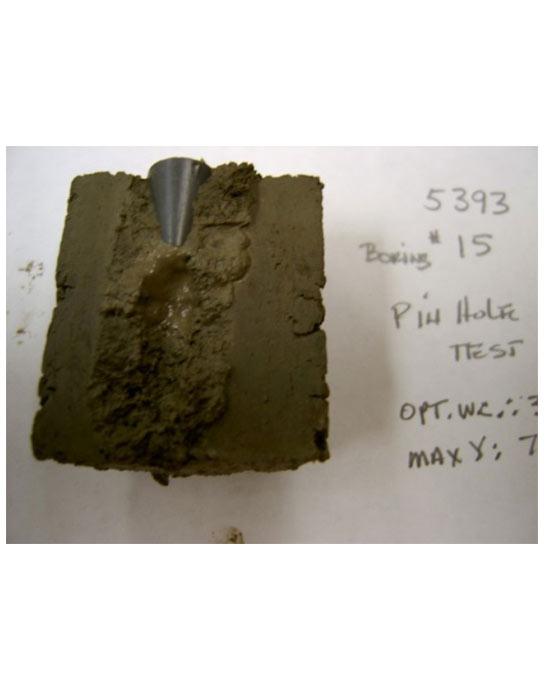
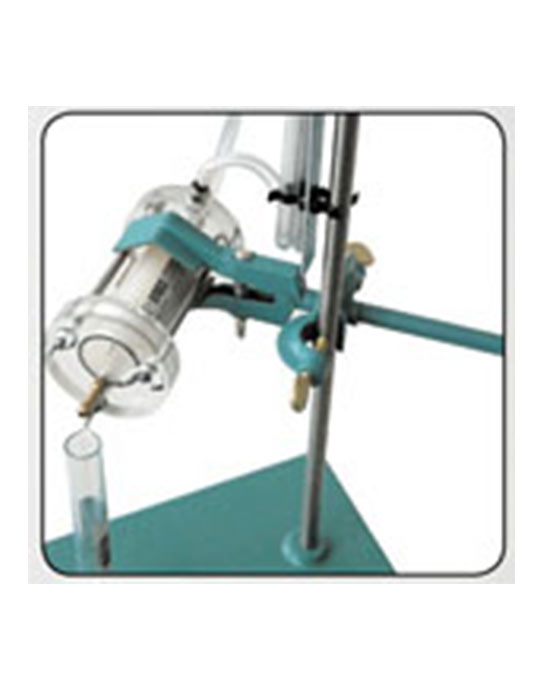
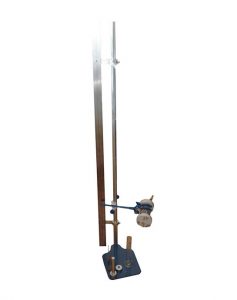
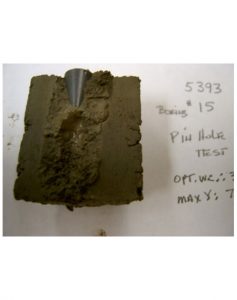
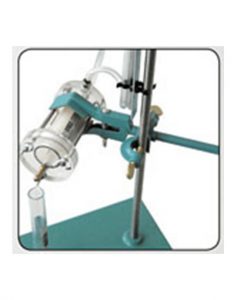
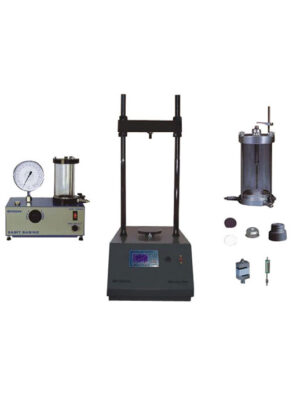
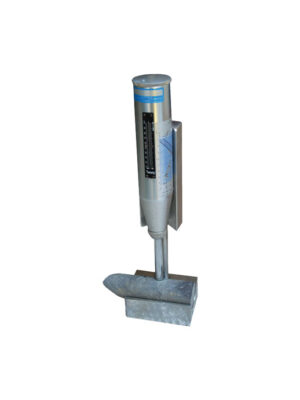
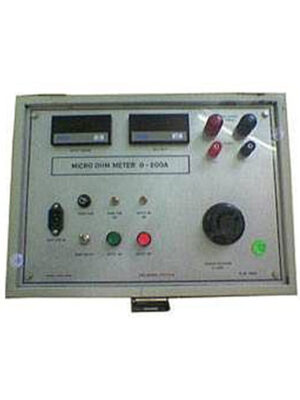
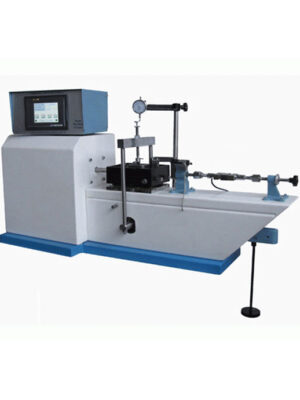
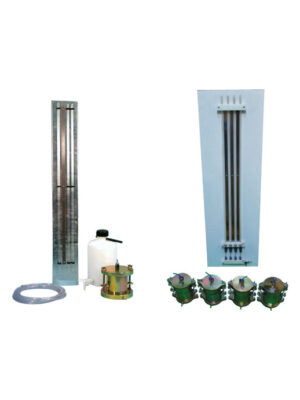
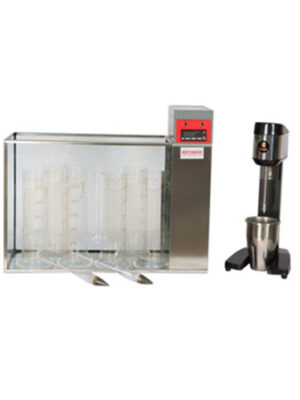
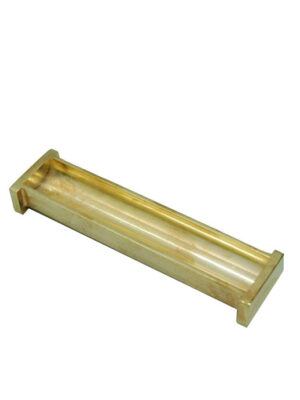
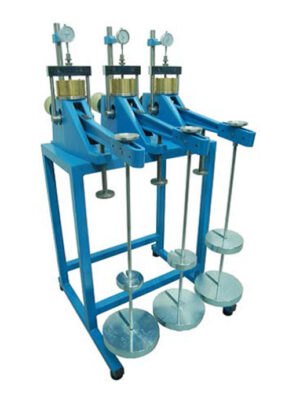
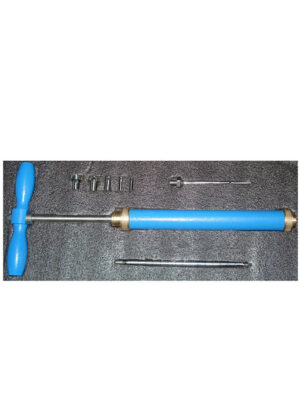
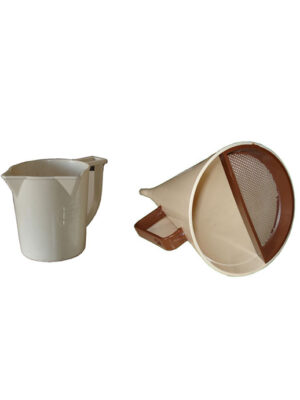
Reviews
There are no reviews yet.